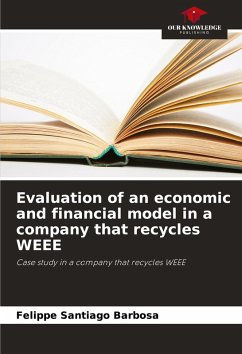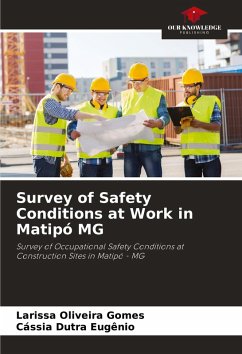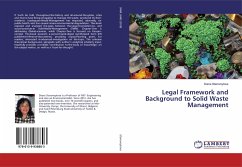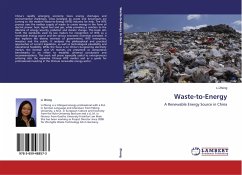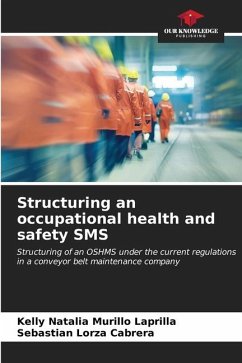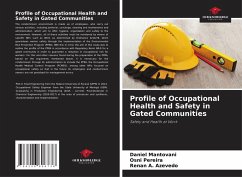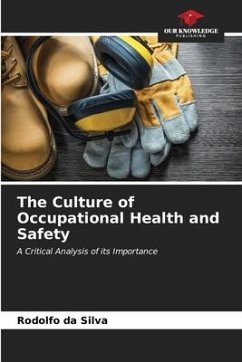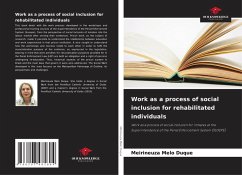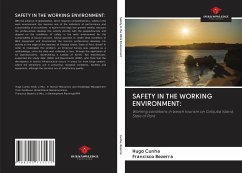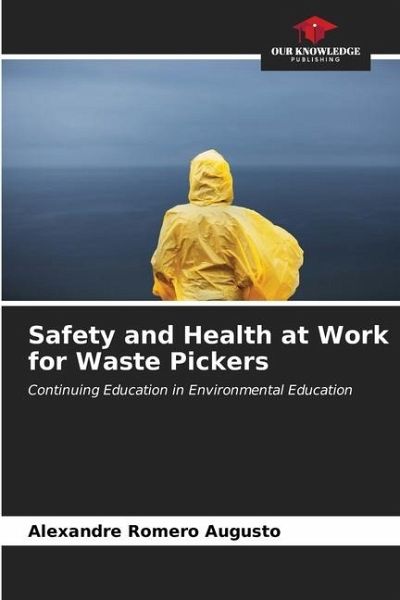
Safety and Health at Work for Waste Pickers
Continuing Education in Environmental Education
Versandkostenfrei!
Versandfertig in 6-10 Tagen
36,99 €
inkl. MwSt.

PAYBACK Punkte
18 °P sammeln!
This book aims to raise awareness of safety and the best working conditions for recycling works. All the proposed changes follow the current Regulatory Standards according to the subject. Brazil, despite being one of the largest economies in the world, has one of the worst income distributions, which has led thousands of people to survive on the streets, disposing of recyclable materials. This activity exposes waste pickers to the risk of accidents and is viewed negatively by society in general. The activity is considered dirty and dangerous, sometimes contributing to making public waste manag...
This book aims to raise awareness of safety and the best working conditions for recycling works. All the proposed changes follow the current Regulatory Standards according to the subject. Brazil, despite being one of the largest economies in the world, has one of the worst income distributions, which has led thousands of people to survive on the streets, disposing of recyclable materials. This activity exposes waste pickers to the risk of accidents and is viewed negatively by society in general. The activity is considered dirty and dangerous, sometimes contributing to making public waste management more difficult and worse. On the other hand, when organised through cooperatives or associations, waste pickers can become partners in institutional selective waste management programmes, which in turn can change this stigmatised profile. The study is important because it aims to evaluate selective waste management as an action that can successfully integrate the economic, social, occupational and environmental needs of a municipality.



